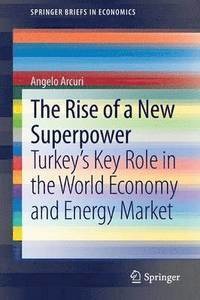
Liknande böcker
Main Economic Policy Areas of the EEC - Towards 1992
Bok av P Coffey
At the end of 1992, things will never again be the same inside the European Economic Community (EEC), because, as that year draws to a close, the aims of the Single Act of European Union (SAEU), which became law in July, this year, will have become effective - thus creating a 'real' Common Market. This will mean that there will no longer be any obstacles to the free movement of goods between the Member States. Equally, and for the first time in the EEC's history, internal capital movements will be absolutely free, there will no longer be any exchange controls and it will be possible to freely establish financial services between EEC countries. Likewise, as currently being proposed by Lord Cockfield, wide variations in the levels of value added tax (VAT) between Member States will not be allowed. Also, in the case ~f the Common Agricultural Policy (CAP), it will no longer be possible (nor even necessary) to have the monetary compensatory amounts (MCA's). All these changes - but especially the increased freedom in capital movements - will have profound consequences for the different regions of the Community and it will be desirable to have a much more dynamic Regional Policy before 1993. Last, but by no means least, a greater number of decisions inside the Community will be made by majority voting and the Parliament will be endowed with enhanced powers.







